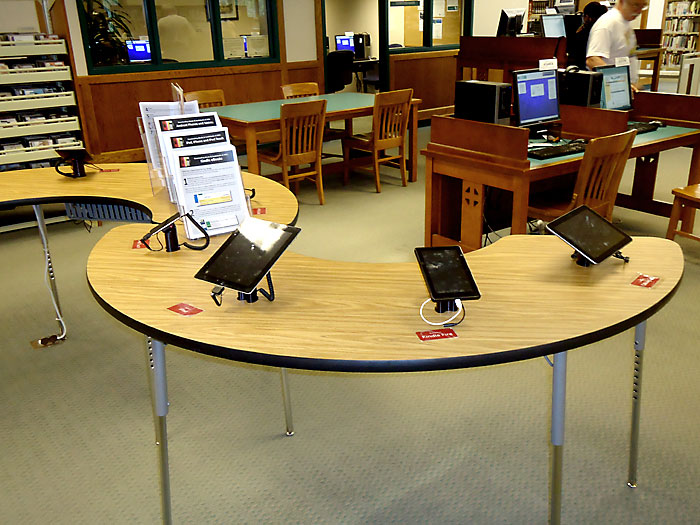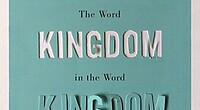
The digital reading space has come a long way from the era in which public libraries had little to offer in the way of ebooks, digital magazines, or digital newspapers. Some libraries, in fact, such as the Riverside Public Library in California, have face dramatic cuts to their print circulations. According to an article in The Press Enterprise, the library lost nearly 300 print magazine titles over the course of only the past four years, dropping the number of titles offered to patrons via print from just over 400 to only 169.
It’s not all that surprising or even all that upsetting when you look at the data on who is actually using libraries, and how they use them. A Pew Internet study showed that only 31% of patrons who stated that they actually visit their libraries’ physical locations (as opposed to utilizing the library through a website or app) are there to read newspapers or magazines. With such a low percentage, it becomes easy to point to the periodicals as a place to save money in already cash-strapped budgets.
But that doesn’t mean that periodicals readers should have to do without, of course, which is why a growing number of libraries are turning to digital circulation to meet their patrons’ needs. Moreover, through digital subscriptions like Pressreader, Next Issue, or Zinio, libraries can actually increase the numbers of titles they offer rather than continue to line the shelves with limited numbers of print editions. According to the same Pew report, 53% of patrons surveyed think libraries need more ebooks, and another 42% “definitely” believe libraries should move most of their catalogs and services to an online portal for patrons to use remotely (and additional 34% think it’s something libraries and patrons should at least consider).
“Over the last few years, the shift in consumer expectations from print to digital is not to be ignored,” said Vailey Oehlke, president-elect of the ALA’s Public Library Association division, to The Press Enterprise. “A lot of libraries are looking at their collections and determining where best to invest their limited resources in terms of what the community wants.”
Mercy Pilkington is a Senior Editor for Good e-Reader. She is also the CEO and founder of a hybrid publishing and consulting company.
